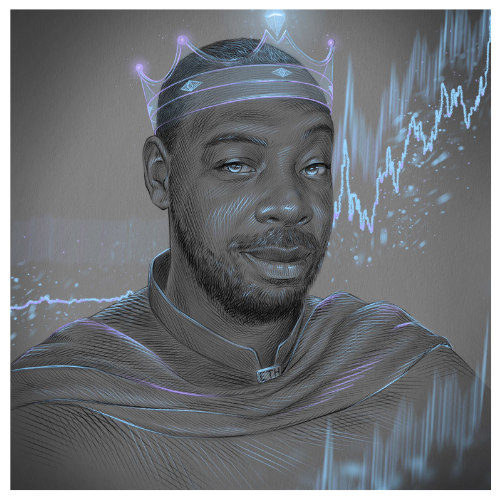Russian Oligarch Losses Art Case
In a significant ruling at the Manhattan federal court on Tuesday, Sotheby’s was exonerated from allegations of aiding Swiss art dealer Yves Bouvier in defrauding Russian tycoon Dmitry Rybolovlev. This high-stakes civil lawsuit, spanning several weeks, has been a focal point in the art world.
The jury, comprising ten New Yorkers, deliberated for about five hours. Their discussions revolved around email exchanges between Samuel Valette, Sotheby’s current head of private sales, and Bouvier. The prosecution contended that these emails revealed Valette's involvement in altering art valuations for Bouvier, enabling him to charge Rybolovlev hefty markups on previously acquired artworks.
In civil cases like this, the burden of proof requires the plaintiff to present “clear and convincing evidence” of any wrongdoing. The specific point of contention was whether Valette or any Sotheby’s staff had knowledge of Bouvier’s purported manipulative strategies, often illustrated through emails that depicted intense negotiations with fictional buyers.
While Sotheby’s emerged unscathed, the trial exposed many of their internal operations and practices. This rare insight into the private sales sector of auction houses, a significant source of revenue for Sotheby’s and its competitors, was a notable outcome of the trial.
Rybolovlev’s legal team argued for “greater transparency in the art market” throughout the proceedings. Conversely, during the closing arguments, Sotheby’s attorney Marcus Asner suggested that Rybolovlev’s real dispute was not with Sotheby’s but with Bouvier. Asner emphasized that the trial, which often mentioned Bouvier more than the plaintiff or defendant, was an attempt by Rybolovlev to make someone else accountable for his misfortunes.
This trial concludes one of the art world’s most enduring and extensively publicized disputes. Rybolovlev has pursued legal action against Bouvier in various global jurisdictions, mostly without success. In Singapore, his claims were dismissed, deeming Switzerland a more suitable jurisdiction. Additionally, a Geneva case was dropped after a private settlement was reached, and Rybolovlev’s complaint was withdrawn.
Regarding the artworks in question, Rybolovlev purchased 38 pieces through Bouvier, but only 12 were sourced from Sotheby’s, and merely four were admitted into the trial by Judge Jesse M. Furman. These included Magritte’s Domaine d’Arnheim, Klimt’s Water Serpents II, Modigliani’s Tete sculpture, and da Vinci’s Salvator Mundi.
In each transaction, Bouvier bought the artwork through a holding company and then sold it to Rybolovlev with a significant markup. Rybolovlev alleges that Bouvier was acting as his art advisor, a claim Bouvier denies. Despite Bouvier taking a commission and markup in each deal, Rybolovlev maintains he was unaware of these facts.
In conclusion, Asner argued that Sotheby’s couldn’t be held responsible for Rybolovlev’s losses in his transactions with Bouvier, citing no knowledge or profit from Bouvier’s alleged deceit. Asner highlighted the improbability of Rybolovlev, a businessman of his stature, neglecting due diligence over 12 years of acquiring art from Bouvier, failing to formalize their relationship, or verifying the details of his purchases.





